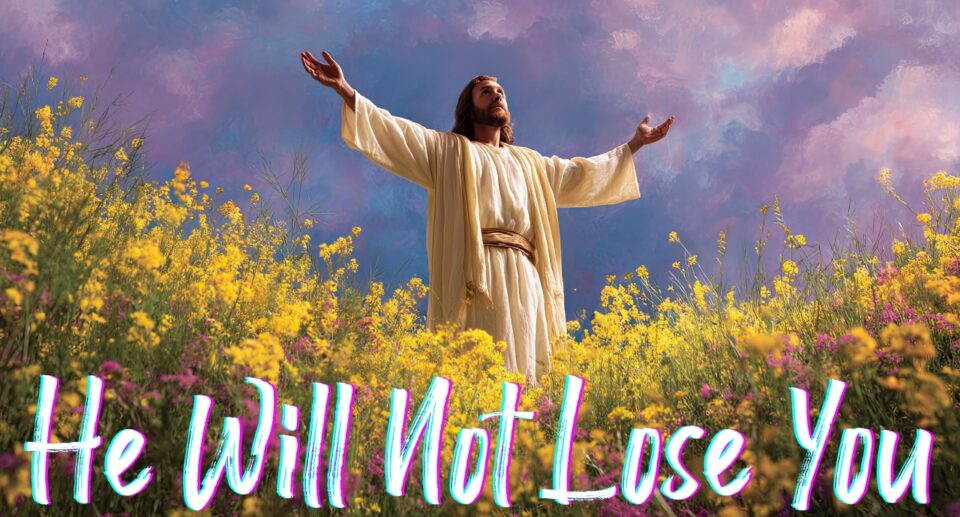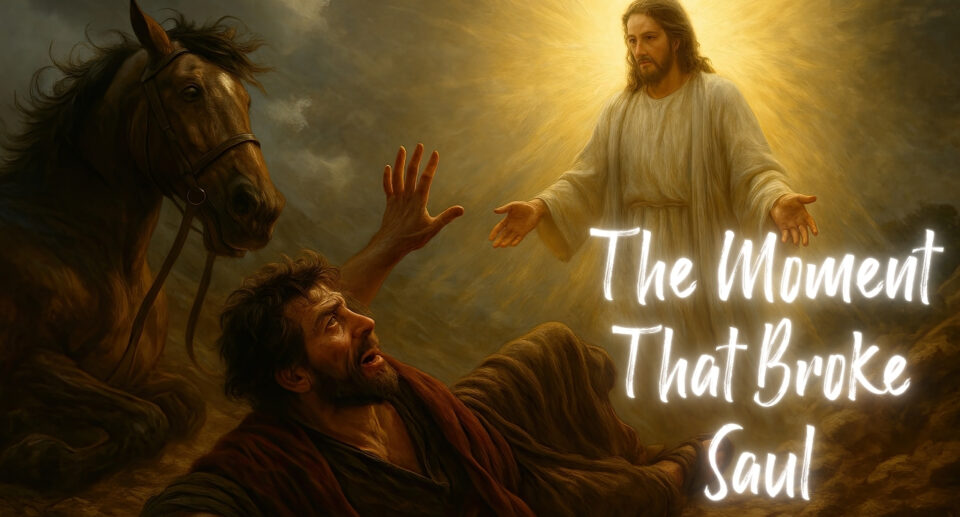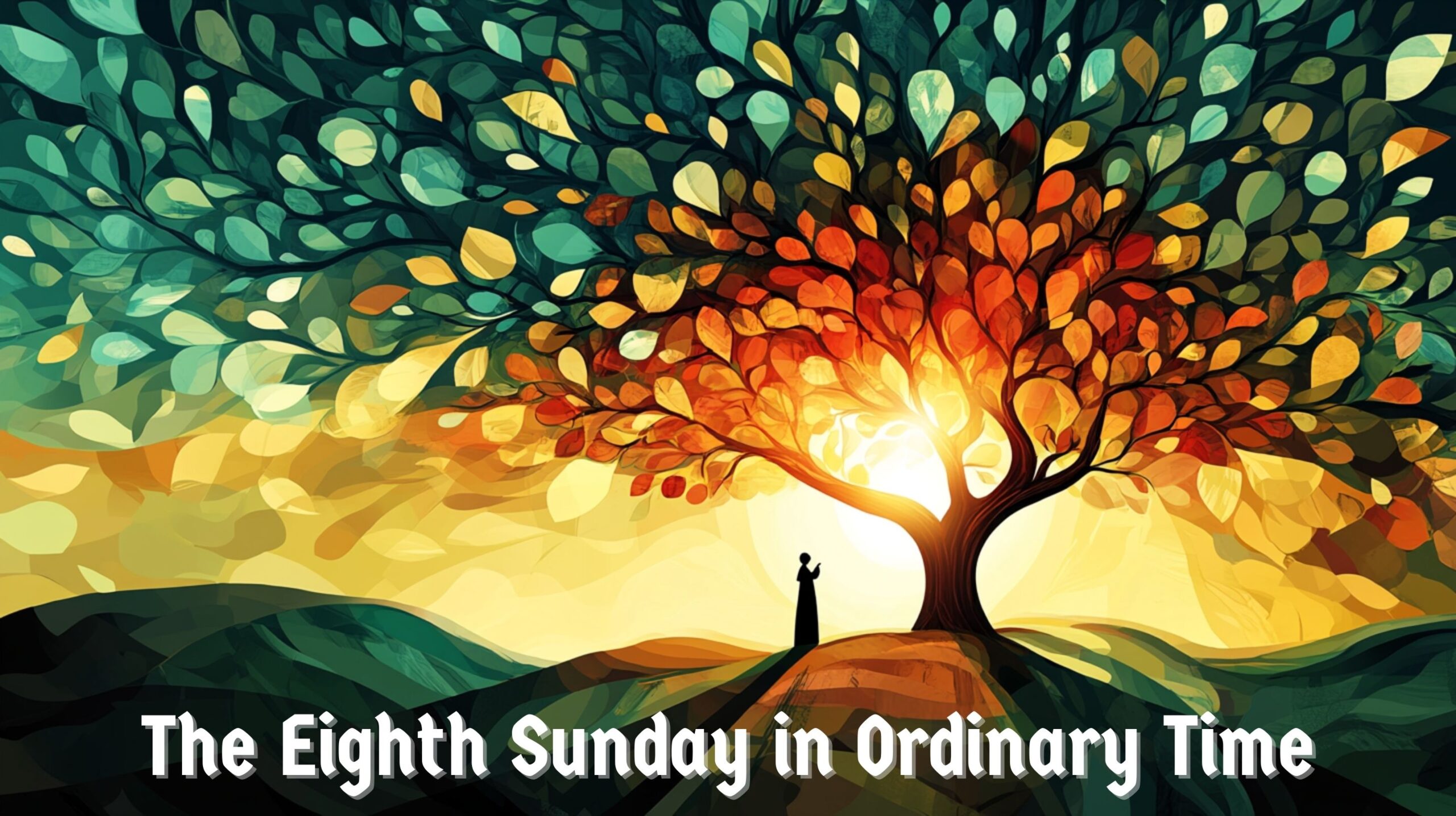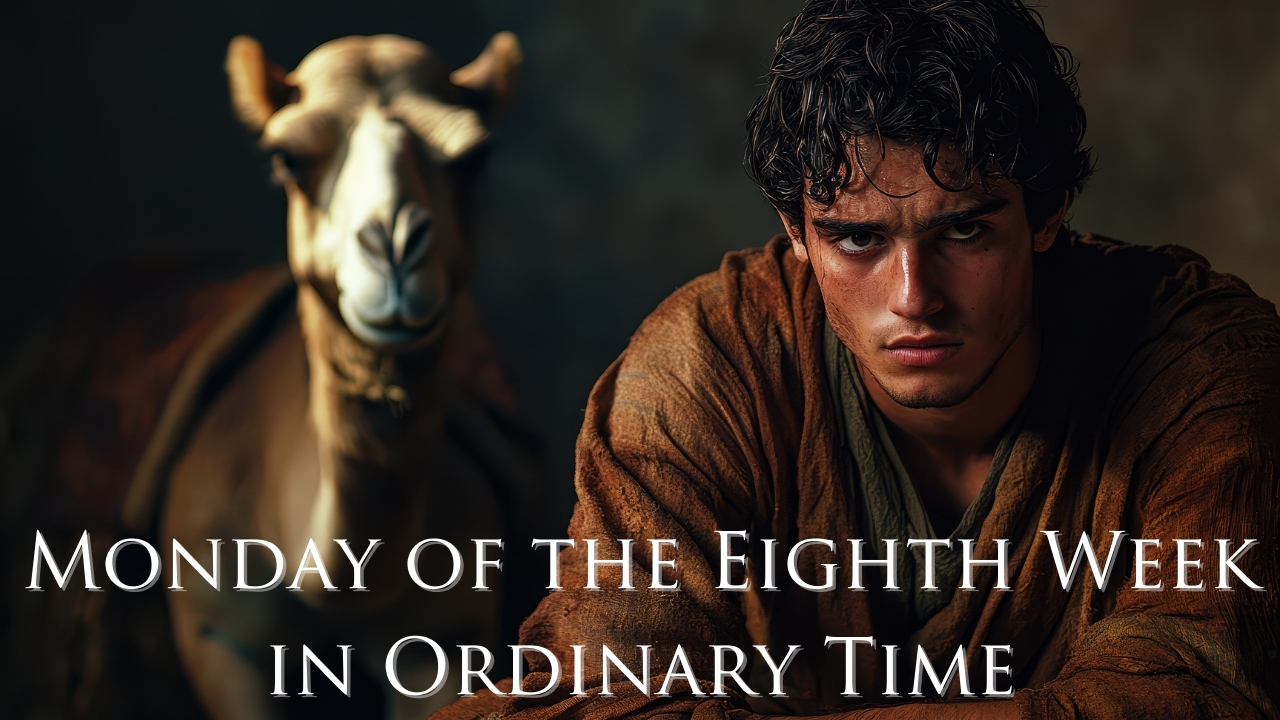Divine Detours: When God Interrupts Your Journey | Daily Readings | May 8, 2025
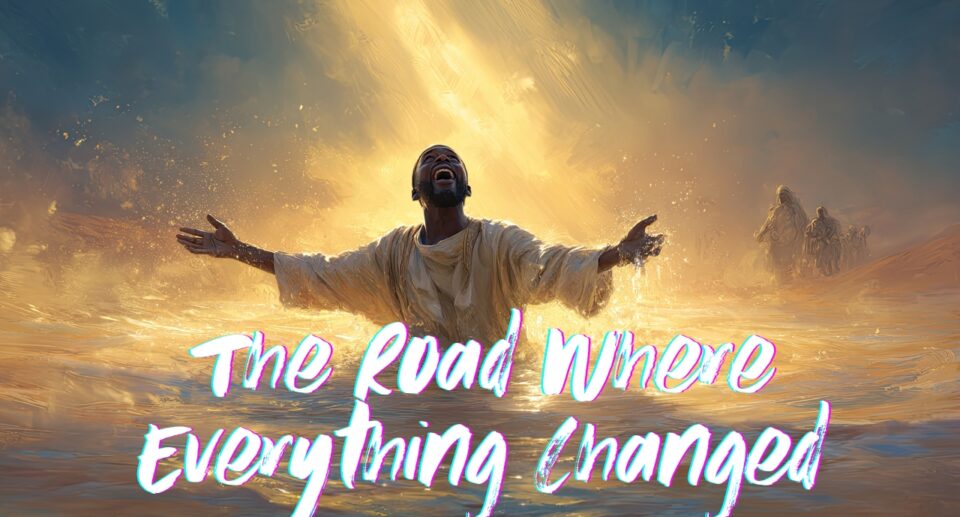
May 8, 2025 – Daily Catholic Lectionary Readings for Thursday of the Third Week of Easter.
Experience the extraordinary desert encounter between Philip and the Ethiopian official seeking understanding. Discover how divine interruptions lead to unexpected transformation and how apparent detours become the very paths to our deepest fulfillment.
Today’s reflection reveals:
- Why God sends us to desert roads when city success seems more logical
- How confusion becomes clarity through unexpected companionship
- The pattern of inclusion that transcends traditional religious boundaries
- What it means for Jesus to be living bread for our deepest hunger
Readings covered: Acts 8:26-40; Psalm 66:8-9, 16-17, 20; John 6:44-51
Perfect for anyone experiencing unexpected life changes, feeling drawn to new spiritual territory, seeking deeper understanding of scripture, or wondering how apparent interruptions might be divine appointments.
#CatholicDailyReadings #BibleStudy #DivineDetours #PhilipAndEthiopian #LivingBread
Divine Detours: When God Interrupts Your Journey
“Go south to the road—the desert road.”
With these words, Philip receives one of history’s strangest travel assignments. Leave the successful ministry in Samaria. Abandon the crowds that have been responding to your message. Head instead to a desolate road in the desert.
No explanation. No strategic plan. Just an interruption that appears, on the surface, to make absolutely no sense.
Yet this divine detour becomes the setting for an extraordinary encounter. On this desert road, Philip meets an Ethiopian court official—a seeker from a distant land reading Isaiah’s prophecies without understanding their meaning. Their “chance” meeting leads to baptism, transformation, and the gospel’s expansion into Africa.
Today’s readings explore these divine interruptions and how they move us from confusion to clarity, from isolation to communion, from hunger to satisfaction.
In the Ethiopian’s chariot, Philip finds someone wrestling with scripture without context. “Do you understand what you are reading?” Philip asks. “How can I,” the official replies, “unless someone guides me?” Here we find a critical insight: transformation rarely happens in isolation. We need companions for the journey, guides who can illuminate what remains opaque without conversation.
The passage the Ethiopian reads comes from Isaiah 53, describing a suffering servant: “Like a sheep he was led to the slaughter… In his humiliation justice was denied him.” These verses puzzle him. Who is this suffering one? What does his pain accomplish?
Philip, beginning with this same scripture, proclaims the good news about Jesus. The text doesn’t record his exact words, but we can imagine him explaining how Christ’s suffering creates new possibility, how the slaughtered lamb becomes bread of life for all who hunger.
This connects seamlessly with today’s gospel, where Jesus declares: “I am the living bread that came down from heaven… and the bread that I will give is my flesh for the life of the world.” The Ethiopian, struggling to understand a slaughtered servant, meets one who can explain how suffering becomes nourishment, how death generates life.
What makes this encounter even more remarkable is the Ethiopian’s identity. As a eunuch, he was physically altered to serve in the royal court. Deuteronomy 23:1 explicitly excluded eunuchs from full participation in the assembly of Israel. Yet here, through Philip’s guidance, he experiences full inclusion in the new covenant community.
Water appears in the desert. “Look, here is water! What is to prevent me from being baptized?” The Ethiopian asks. The question reverberates with centuries of exclusion, with barriers between insiders and outsiders, with human rules that limited divine embrace.
Philip’s response? Immediate baptism. No committees. No probationary period. No exclusion based on ethnicity, physical condition, or social status. Just welcome.
Our psalm captures this expansive spirit: “Hear now, all you who fear God, while I declare what he has done for me.” The psalmist doesn’t limit God’s praise to insiders but invites “all who fear God” to join the chorus of testimony. Divine work expands beyond our human boundaries.
These readings, taken together, reveal a pattern of divine action that continues today. God interrupts our carefully planned journeys with detours that initially appear pointless. Heaven’s economy often makes no earthly sense—leave success for a desert road, abandon crowds for a single seeker, embrace those religious rules have excluded.
Yet these divine detours become the very settings where the most significant transformations occur. The Ethiopian returns to his homeland “rejoicing”—not despite the interruption but because of it. What began as confusion ends in clarity. What started as isolation concludes in communion. What appeared as hunger finds satisfaction.
Consider the detours in your own journey. The career plan interrupted. The relationship that didn’t follow your script. The diagnosis that altered your timeline. The pandemic that rewrote global patterns. We naturally resist such detours, perceiving them only as obstacles to our intended destination.
But what if these very interruptions are divine appointments? What if the desert road—not the crowded city—is where your most significant encounter awaits? What if the question that has no answer in isolation will find illumination in unexpected companionship?
The Ethiopian needed Philip. But equally important, Philip needed the Ethiopian. The guide needed guiding to this new territory of inclusion. The teacher needed teaching about how God’s embrace extends beyond traditional boundaries. The one with answers needed someone with questions that would expand his understanding.
Jesus says, “No one can come to me unless the Father who sent me draw him.” This drawing happens in unexpected places—desert roads, ordinary chariots, confusing scripture passages, and chance meetings that aren’t chance at all. The Father draws us not only toward Jesus but toward each other, creating connections that illuminate what remains opaque in isolation.
Today, someone may be struggling with the very passage you can illuminate. Someone may hold the very insight you’ve been seeking. The divine detour that interrupted your carefully planned journey might be precisely the road where your deepest hunger finds living bread.
Will you, like Philip, be willing to leave success for the desert? Will you, like the Ethiopian, have courage to voice the questions that reveal your confusion? Will you trust that the One who draws you is leading not toward deprivation but toward feast?

